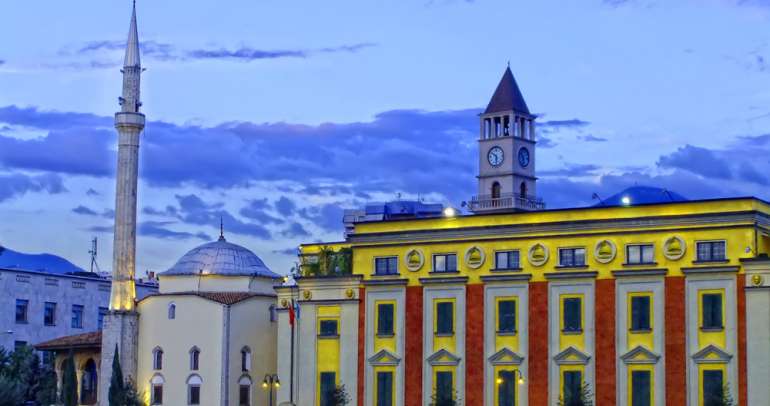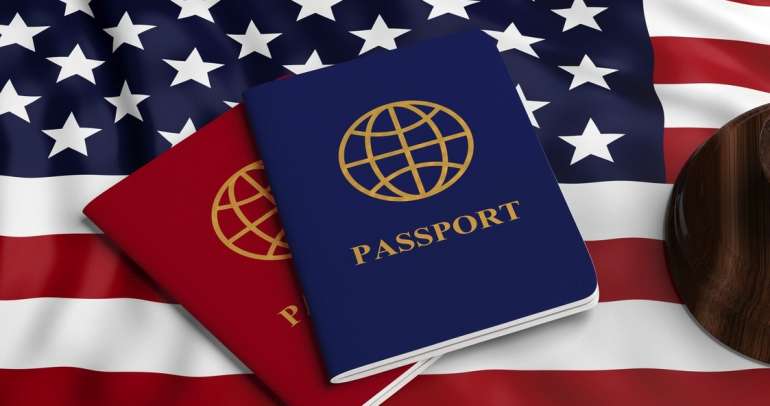Dominica is home to one of the world’s most reputable Citizenship by Investment programmes. The Caribbean Island nation enormously benefitted from the foreign investment received as part of this programme, including innovations in agriculture, eco-tourism and the industrial sectors, and the building of new infrastructure, schools, and hospitals.
If you’re looking at exchanging capital investment for a second citizenship yourself, we’ve compiled the most frequently asked questions by prospective investors.
How do I invest in Dominica?
Dominica’s Citizenship by Investment programme has two investment options:
1. Economic Diversification Fund
Firstly, an applicant can contribute a minimum of USD 100,000 into a government-held account for use towards the country’s Economic Diversification Fund (EDF) — this amount increases should the applicant wish to include additional dependant family members. The investment comes with the condition that it benefits the economy directly by supporting EDF initiatives across the agricultural and tourism sectors, and financing renewable energy and infrastructure projects.
2. Real Estate Investment
Alternatively, investors can make a real estate investment of at least USD 200,000, from a list of government-approved eco-tourism projects, such as hotels, resorts or villas. This amount varies for each initiative, but unlike the first option, is not affected by the size of the investor’s family.
Is real estate a viable investment?
After Hurricane Maria in 2017, Dominica funnelled a lot of government spending into infrastructure and the budding eco-tourism sector. CBI has greatly helped this part of the economy, with international brands such as Kempinski and Hilton landing on Dominican shores. Investors can support acclaimed tourist residences, resorts and hotels, which have been recognised by reputable publications, including Conde Nast Traveller and various awards bodies. For more detail on this investment channel, visit our real estate page.
What are the benefits of Dominica CBI?
Aside from obtaining citizenship in this gorgeous, exotic country that is home to rainforests, reefs and luscious beaches, you will also have the same rights to live, work, and study in Dominica as any other citizen. You will receive a Dominican passport, which enables you to travel without a visa (or with a visa-on-arrival) to around 140 countries and territories around the world.
Although citizens are liable to pay personal tax if they reside in Dominica, the country has no wealth, gift, inheritance, foreign income, or capital gains tax.
Can investors apply on their own?
All CBI applications require handling by an authorised citizenship agency that is recognised by the Dominican government. A list of approved professionals can be found on our authorised agents page. It’s crucial that you check that the firm you choose is licensed. This information should be available and easily accessible.
Do I need to be a resident before obtaining citizenship?
No, you do not have to reside in Dominica before or after citizenship is granted.
Am I required to travel to Dominica before becoming a citizen?
You do not have to travel to Dominica during the application process, but we would always encourage prospective citizens to visit and become accustomed to this beautiful country.
Is there an interview?
The Dominica CBIU does not usually require applicants to attend any interviews, nor demonstrate any previous business experience or proficiency in the native language. What is vital, however, is that their intentions are transparent and in keeping with the goals and ethics of the CBI programme.
The government desires that all new economic citizens reflect the values of this small, safe country that is known for its genuine and friendly population. Crucially, all applicants must make their sources of their income fully transparent, so that the government can be sure that their funds are clean.
With all that being said, we do sometimes ask applicants to visit for a face-to-face meeting. Should you be unable to attend this, we may facilitate an alternative interview setting in centres outside the country — provided you are able to pay applicable costs.
What do Authorised Agents need from applicants?
There are a few steps prospective applicants need to complete in order to become citizens, once they have selected their authorised citizenship agency. These are:
1. Complete all official forms.
2. Attend a medical examination.
3. Obtain certain supporting documents for their CBI application — all of which must be submitted in English, with appropriate notarisation and legal approval. For real estate investments, this necessitates a reservation by a sales and purchase agreement.
4. Submit to background/due diligence checks.
5. Further discussion with the Dominica CBIU. At this point, Authorised Agents handle all correspondence or further questions which the Unit may have during that time.
6. Upon approval, make a contribution payment to EDF or an approved real estate project.
How long does the application take?
From submission of the application to an approval in principle, applicants are generally expected to wait three months.
Is the application process confidential?
The application process itself is entirely confidential, except where necessary checks are carried out by authorised due diligence agencies and international partners.
If you have any more questions, you’d like to ask about Dominica’s Citizenship by Investment programme, then please don’t hesitate to contact us at your earliest convenience.



